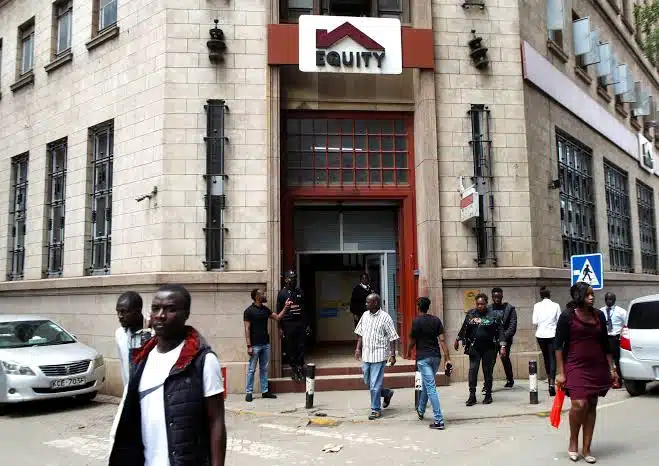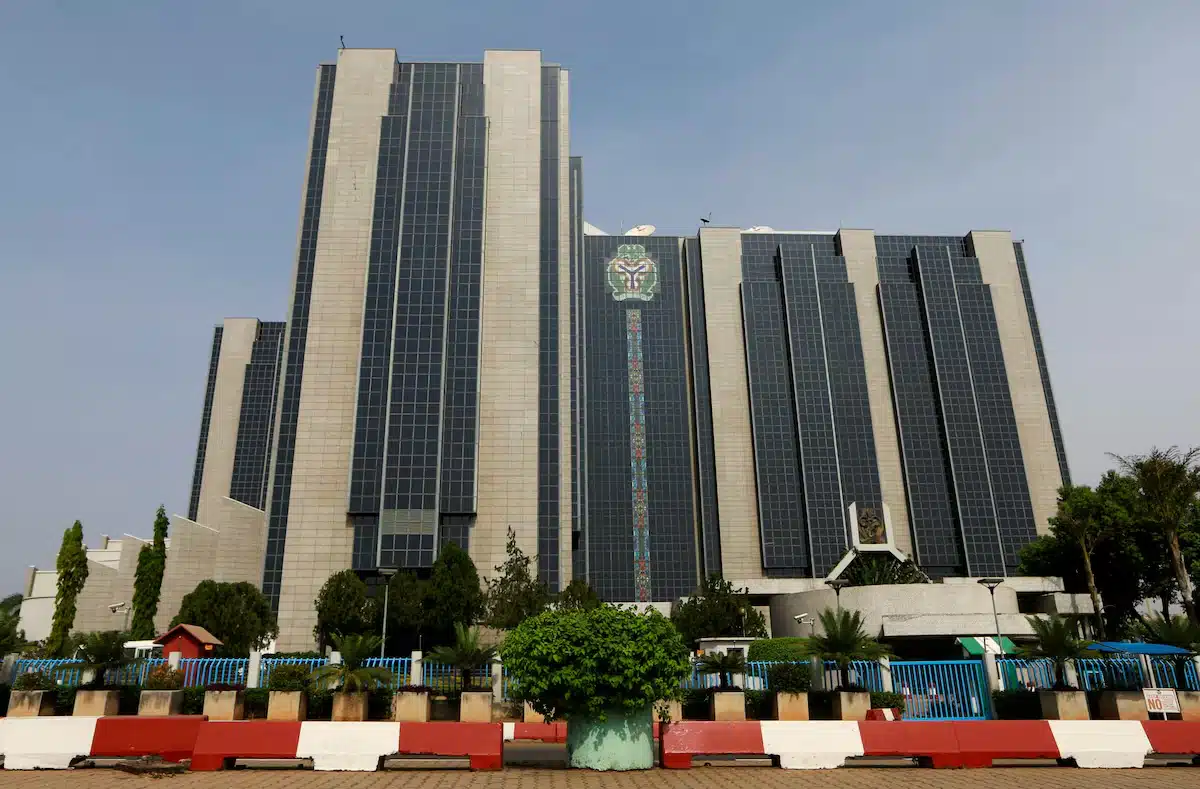Ethiopia’s Central Bank Governor, Mamo Mihretu, has resigned, marking the exit of a key architect of the country’s recent economic reforms and leaving uncertainty over the future of its monetary policy direction.
In a statement posted on his official X account on Wednesday, Mihretu said he was stepping down “to pursue other passions and tackle other challenges.”
“After seven years of public service in different capacities, the time has come for me to leave government,” he said, describing his tenure as both an honour and a fulfilling experience.
His exit comes at a critical moment for Ethiopia, which is contending with a freely floating currency, double-digit inflation, and the early stages of a securities market.
Appointed in January 2023, Mihretu has been a key architect of Ethiopia’s ongoing economic reforms under Prime Minister Abiy Ahmed. He previously founded and led Ethiopia Investment Holding, the country’s sovereign wealth fund created to manage state’s assets, and was part of the macroeconomic team behind the Home-Grown Economic Reform agenda.
Reflecting on his tenure, Mihretu noted: “I led this vulnerable institution through the country’s most significant economic reforms in 50 years,” crediting the efforts to the sound work ethics of his colleagues at the National Bank of Ethiopia (NBE).
During his governorship, Mihretu introduced a modern monetary policy framework, initiated the shift to a market-based exchange rate, and advanced the NBE’s autonomy through new legislation.
He also spearheaded the liberalisation of the financial sector to foreign banks, expanded digital inclusion, and helped secure $10.5 billion in external financing from the International Monetary Fund (IMF), World Bank, and other multilateral lenders.
According to the statement, foreign reserves tripled in a year, inflation fell to a seven-year low, financial sector assets topped 5 trillion birr ($34.9 billion), and digital payments grew more than tenfold.
Many of the reforms were launched in July 2024 as part of the conditions for the $3.6 billion IMF Extended Loan Facility. While praised for modernising Ethiopia’s financial system, the policies also drew criticism for fuelling living costs.
In June, the central bank auctioned $50 million at an average rate of 134.95 birr per US dollar in a bid to ease currency pressures.










